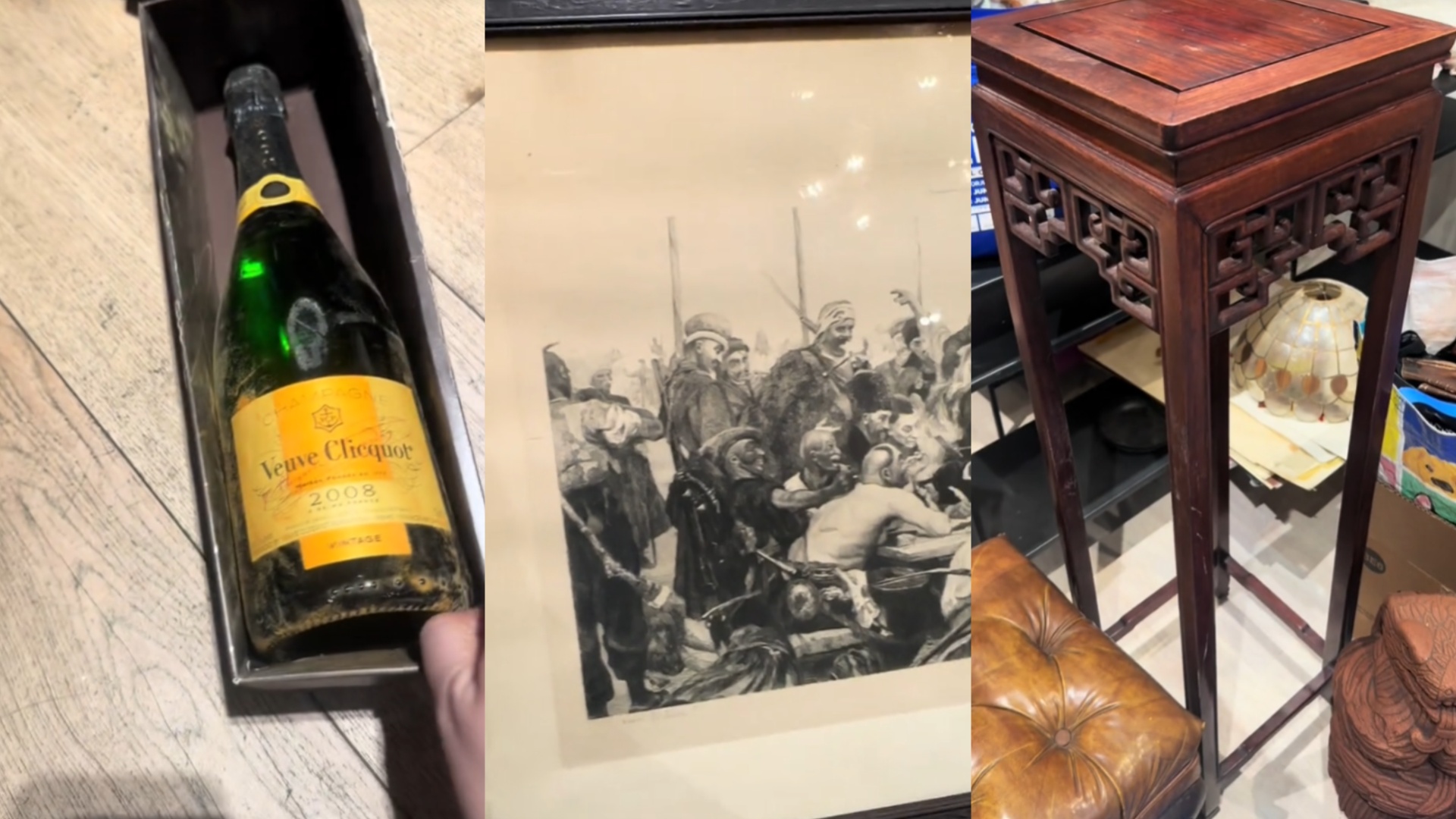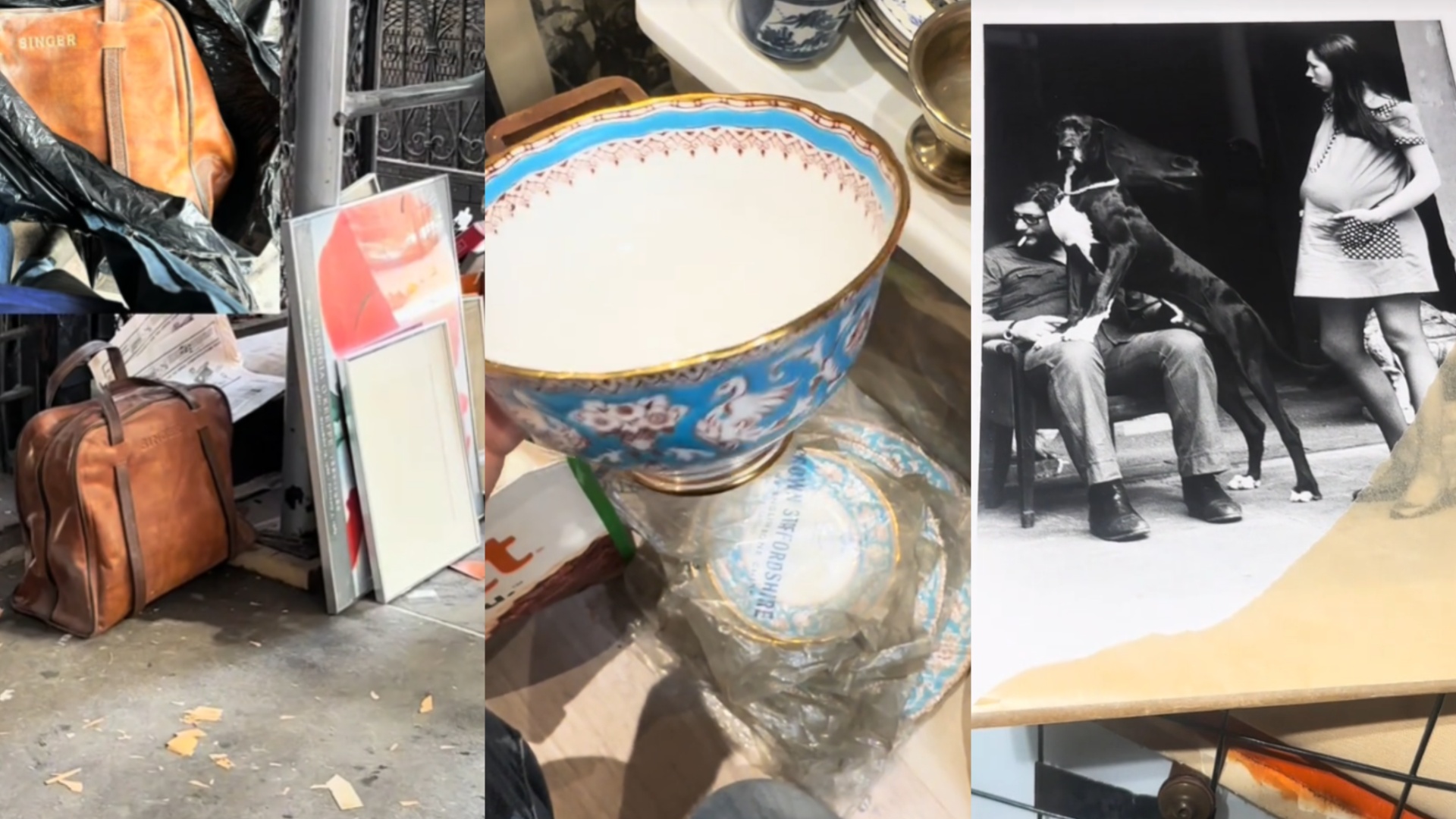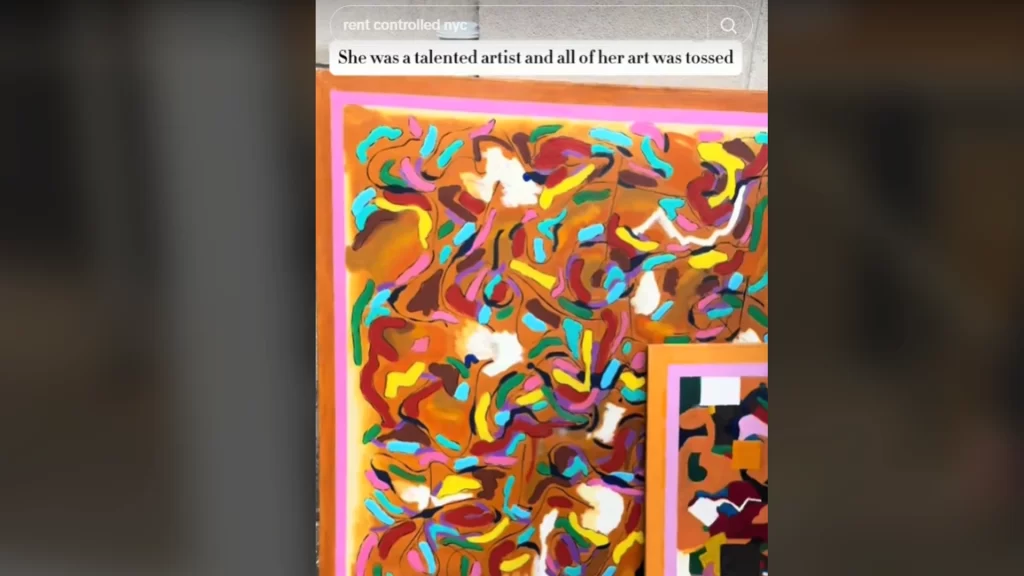Following the passing of an old resident named ‘Diane Green’, her New York City apartment in a rent-controlled building faced swift clearance and redevelopment.
With no immediate family claiming her belongings, the building management aimed for a rapid turnaround to capitalize on the lucrative Manhattan real estate market.
One man’s trash is another man’s treasure
This resulted in an unfortunate circumstance: the disposal of Ms. Green’s possessions without due consideration for their sentimental or potential monetary value.
@thetrashwalker NYC apartment cleanout. We did what we could but there was so many treasures we didn’t save 💔 #nyc #donate #donatedontdump #dumpsterdiving #haul #vintage #shopping #recycle #climatechange #reuse #thrift #decor #free #zerowaste #eco #sustainable #ecofriendly #CapCut
TikToker Anna Sacks (thetrashwalker) documented the situation, highlighting the ethical concerns surrounding the unclaimed belongings. Through her visit, she salvaged a portion of Ms. Green’s items, primarily artwork and personal effects.
Diane Green’s Artistry
The elderly woman’s belongings ranged from personal pieces of clothing to rare items that are valuable to trained eyes. In the clip shared by thetrashwalker, she was able to save a few of her clothes, samples of her photography work, various artworks, and even an unopened bottle of champagne.

It’s unclear exactly why her surviving family didn’t want to get her belongings. Fortunately, thanks to Anna and her friends, they were able to save some of Diane’s belongings to which other people might still see value.
In honor of Diane
Ms. Green’s story exemplifies the potential displacement and disregard for personal histories in the face of swift renovations and profit maximization. Sentimental items often hold significant emotional and historical significance, transcending their immediate monetary worth. Exploring avenues for rehoming or auctioning unclaimed belongings could offer ethical and potentially beneficial solutions.
In honor of her memory, Anna lit a candle to commemorate Diane’s spirit.

This case underscores the complex interplay between personal legacies, urban development, and responsible property management. By acknowledging the emotional and historical value of discarded belongings, we can strive for more mindful and humane practices in dealing with the remnants of lives lived.
